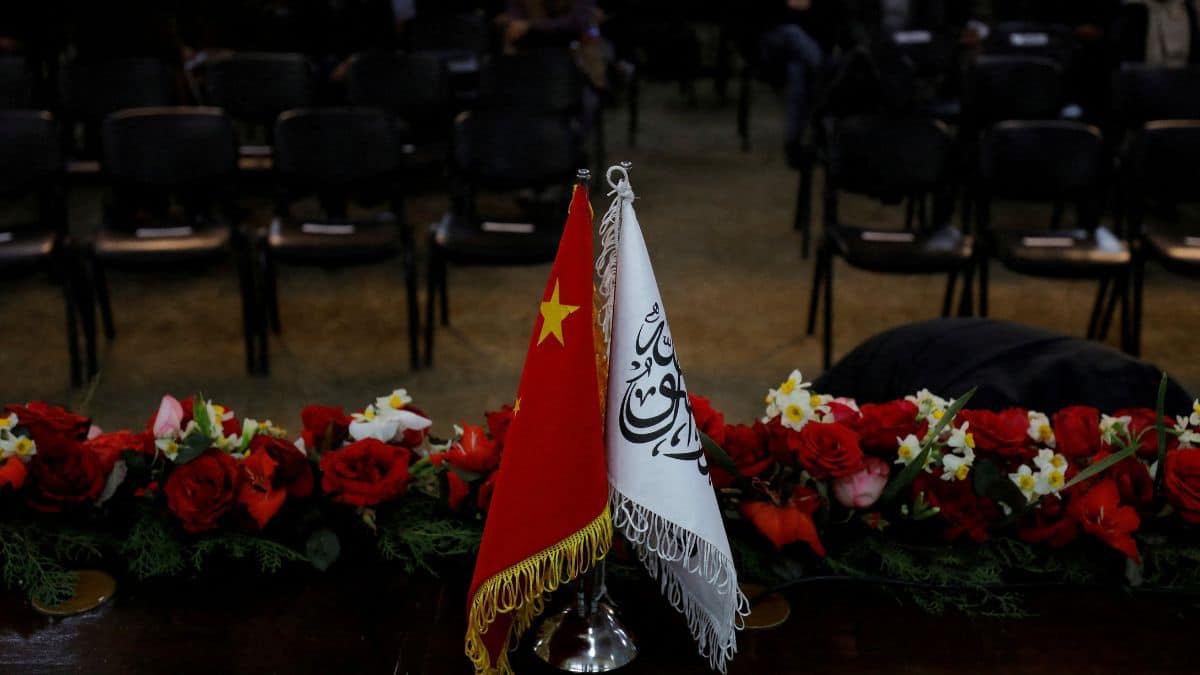 Image Credits - Reuters
Image Credits - Reuters
On January 30th, 2024, the world watched as Chinese President Xi Jinping accepted credentials from Abdul Qahar Balkhi, the Taliban-appointed ambassador of Afghanistan. This seemingly simple act sent ripples through the international community, sparking questions about China’s stance towards the Taliban regime and the future of Afghanistan.
While the acceptance of credentials is a standard diplomatic practice, it does not necessarily equate to formal recognition. China’s Foreign Ministry spokesperson carefully avoided confirming whether this move signified recognition, instead emphasizing their “friendship towards all Afghan people” and advocating against Afghanistan’s exclusion from the international community. This nuanced approach reflects China’s strategic interests.
On one hand, they see potential economic benefits in accessing Afghanistan’s untapped mineral resources and securing a new market for Chinese goods. On the other hand, full recognition could be politically risky, given international concerns about the Taliban’s human rights record and adherence to international norms.
The international community remains largely divided on the issue of recognizing the Taliban regime. While Russia has extended formal recognition, countries like the United States and its allies continue to withhold it, citing concerns about human rights, particularly regarding women and girls. The Taliban faces economic and political sanctions, and the United Nations has repeatedly denied their requests for representation.
Despite this ambiguity, China’s engagement with the Taliban is significant for several reasons. Firstly, it represents a potential shift in the international landscape. China’s size and influence could embolden other countries to consider engaging with the Taliban, potentially legitimizing their rule. Secondly, it highlights the complex interplay of economic and political interests in international relations.
While human rights concerns are paramount, countries like China see economic opportunities in Afghanistan, which can create tension between values and interests. Finally, it underscores the challenges faced by the Taliban in gaining broader legitimacy.
While China’s engagement provides a lifeline, full recognition from the international community remains elusive, contingent upon the Taliban’s actions and adherence to international standards. Moving forward, the situation in Afghanistan remains fluid and uncertain.
China’s engagement with the Taliban is likely to continue, driven by its economic and strategic interests. However, the extent of this engagement and its impact on the international community’s stance towards the Taliban regime remains to be seen.
The Taliban’s actions in the coming months, particularly regarding human rights and governance, will be crucial in determining whether they can gain wider recognition and legitimacy. Ultimately, the future of Afghanistan hangs in the balance, shaped by the complex interplay of international interests, domestic realities, and the Taliban’s own choices.
